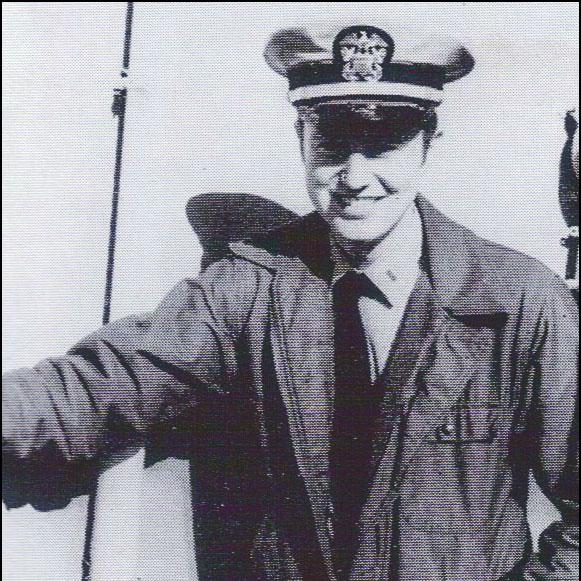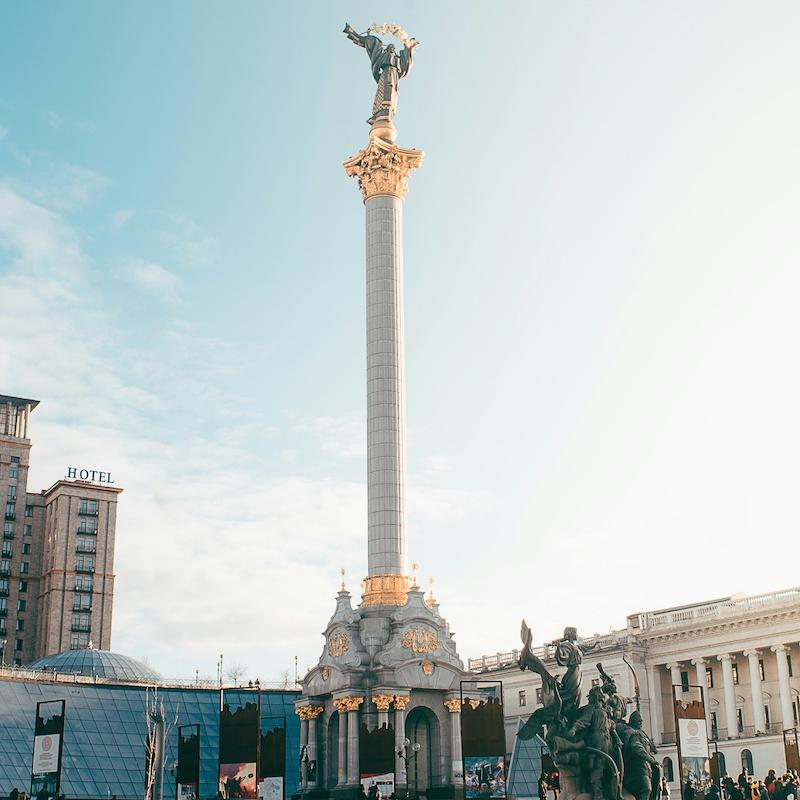This summer, Japan hosted the Olympics for the first time since 1964; before that, the country was awarded the 1940 Olympics "and intended to use them to promote a jingoistic national identity, until it had to forfeit the games as a result of war with China," according to historian Ken Ruoff, who discussed the Japan that was on display in 1940 and 1964 at this year’s Harold Seymour Lecture in Sports History. The talk, “The 1940 and 1964 Tokyo Olympics and Japan’s National Identity” was hosted by Cornell’s Department of History and was held on Oct. 15 in the Guerlac Room in the A.D. White House on Cornell’s campus.
“Engaging, knowledgeable, and an insightful historian on post-World War II Japan, Ken Ruoff explored the way Japan tried to use its role in the 1964 Olympics to showcase ‘New Japan,’” said Kristin Roebuck, assistant professor of history in the College of Arts & Sciences. “Ruoff examined how stubborn transwar continuities were present at the 1964 Olympics and examine continuities traced back to Japan’s forfeiture of hosting the 1940 Tokyo Olympics in the context of war with China.”
Ruoff is a professor in the modern history of Japan and director of the Center for Japanese Studies at Portland State University. His publications include “Japan’s Imperial House in the Postwar Era, 1945-2019,” and “Imperial Japan at Its Zenith: The Wartime Celebration of the Empire’s 2600th Anniversary Celebration.”
The Harold Seymour Lecture in Sports History is presented annually by the Department of History and brings distinguished historians to Cornell each year. Harold Seymour was one of the first baseball historians in the country, known for his three-volume book detailing the development of the sport from an amateur pastime into a professional sport.






